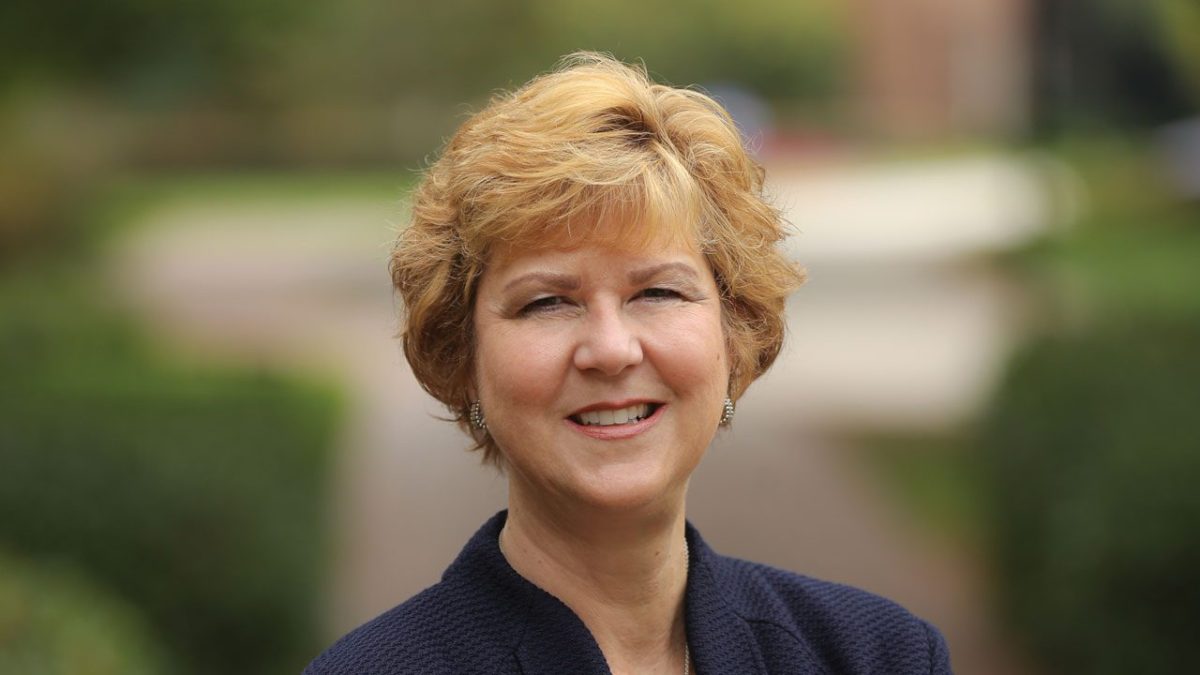
Photo courtesy of Furman Libraries
Students in majors ranging from education to psychology to health sciences are required to take a course in their major that introduces them to the principles of research. Throughout the year, they read hundreds of articles from databases and journals. Students rarely think twice about their ability to download and print these articles with ease. However, this is a luxury that even many professional researchers around the world do not have.
This disparity led to the creation of “Open Access” and the celebration of Open Access Week from Oct. 19 through 25.
“It talks about making research and scholarship openly accessible,” Christy Allen, assistant director of Discovery Services, said. “If a faculty member writes an article that they want to publish in a journal, to get access to the article you have to buy the journal or buy access to it. What Open Access does is promote research that you can get freely online.”
The Furman librarians strive to ensure students have the ability to obtain a wide variety of research articles that are relevant to the topics with which they are concerned. However, this comes at a price.
“We’re talking about $100,000 a year for a database or $10,000 for a single journal subscription,” Allen said. “How do you justify that cost?”
According to Allen, the value of the articles contained in these journals and databases more than justifies the price tag at Furman, but other schools and institutions are not as understanding. This is why the library hosts Open Access Week every year.
“The benefit of Open Access is that there’s no pay restriction,” she said. “You don’t have to pay to get it, which is especially important for researchers in other countries where they may not have the resources to be able to pay for these journals or these databases.”
Furman, like many other schools across the countries, draws attention to this issue every year through an event called Open Access Week.
“Open Access Week is a way for us to talk about these issues, to talk about how much money the library spends on electronic resources, which is quite a bit of money,” Allen said. “It talks about how we can make these materials more and more open and accessible, and it’s tricky.”
But Open Access Week at Furman was not just a series of lectures about the importance of Open Access.
“What the library did last week to celebrate Open Access Week was have an open house out here [in the main library], and we had a booth set up where we had a nice flip board that showed thirteen journals to which we have subscribed, and you could look and see how much Furman was paying for them,” Allen said. “That was really helpful for people to see. We also had a quiz where we would ask them questions about Open Access, and if the students got them right, they got to spin the wheel to win a prize. We had a little cornhole game, and people could make buttons. We did a lot of fun stuff.”
Over the years, Open Access Week has opened the eyes of the public, and more importantly the organizations who have the power to mandate Open Access.
“The National Science Foundation, the NSF—that’s all funded by taxpayers’ money. You and I are paying the NSF to give money to researchers, then the researchers are publishing the results in journals that we now have to pay for,” Allen said. “And so the NSF is saying, ‘If you’re publishing material using NSF grant money, you have to make it openly accessible so that the people who are paying to fund your research can read it.’”
Allen says there is still a long way to go in resolving open access to research.
“This is an ongoing issue, and there is this conflict going on about the need to publish good, really important research, but it’s being locked behind this paywall,” she said.
But Allen sees hope for the future that the researchers, publishers and institutions will be able to come to an agreement on Open Access that will be satisfactory to all parties. Furman Libraries plans on continuing Open Access Week each year until this goal becomes a reality.



























